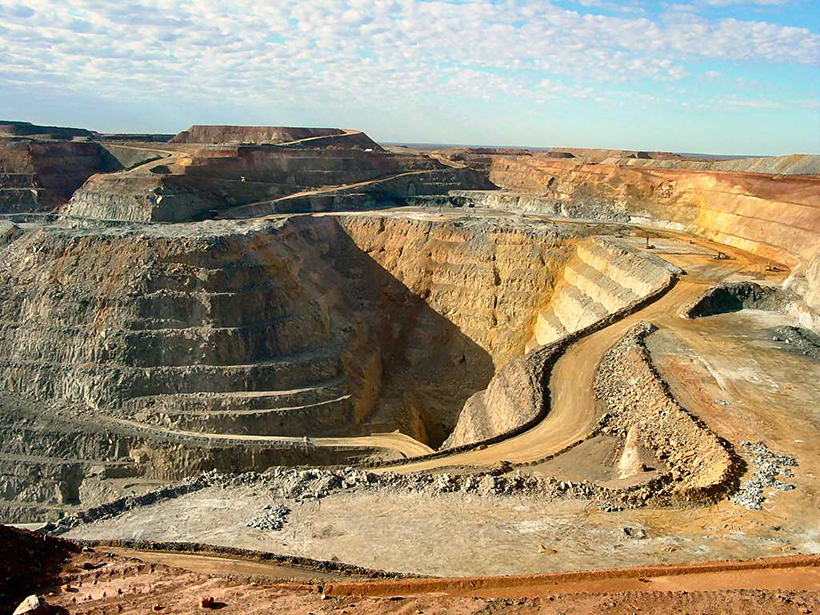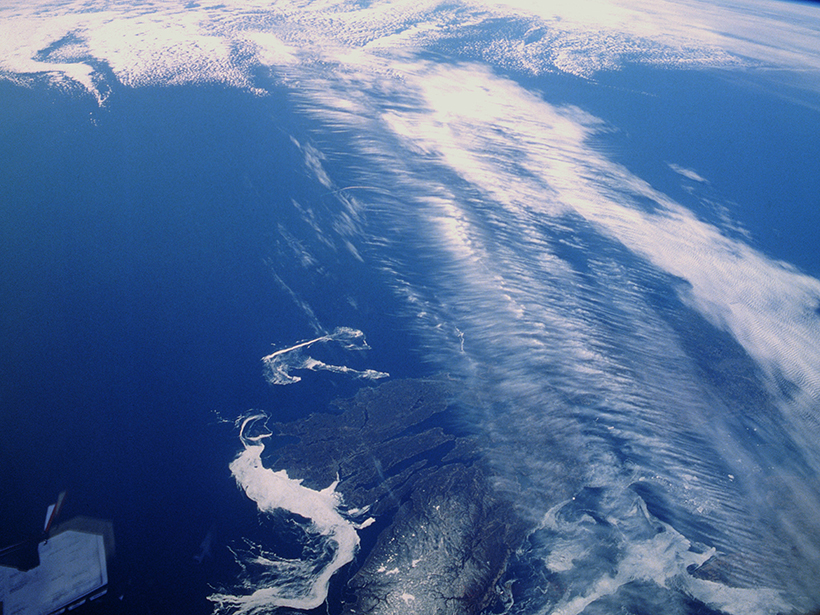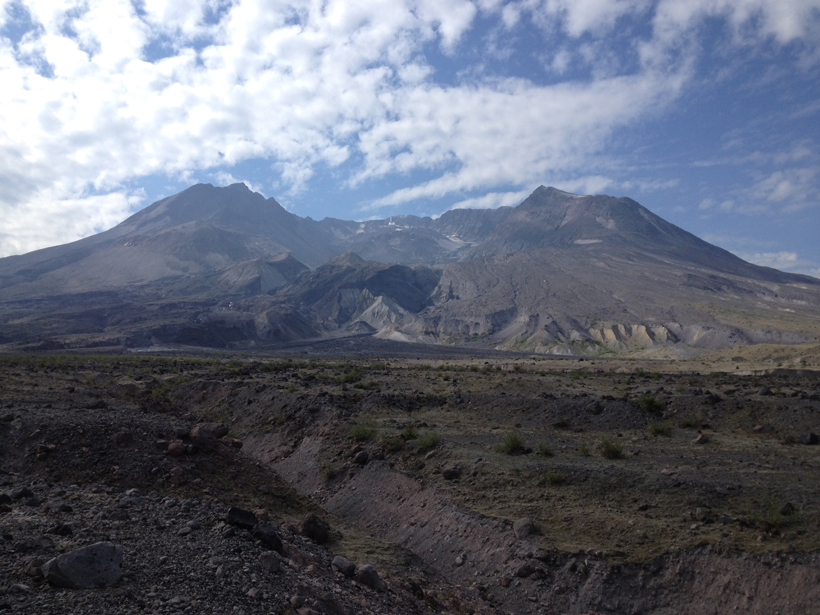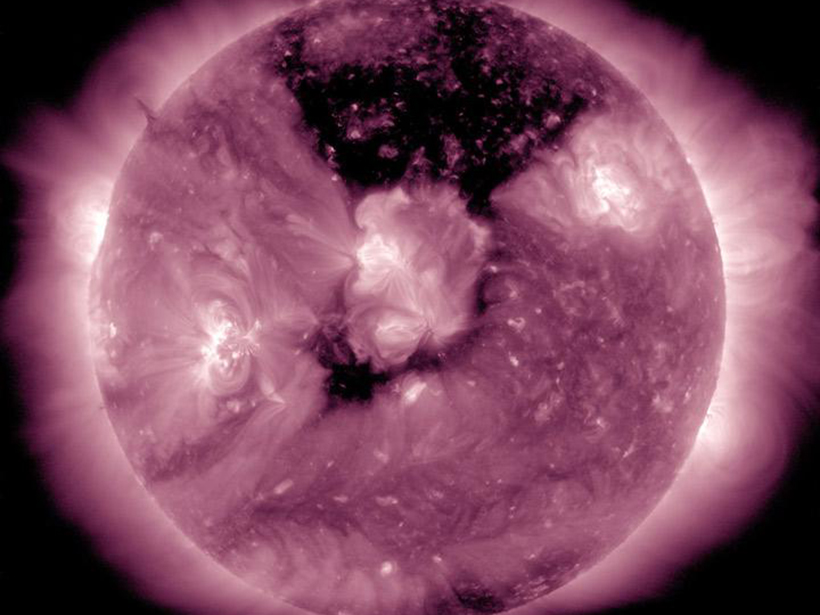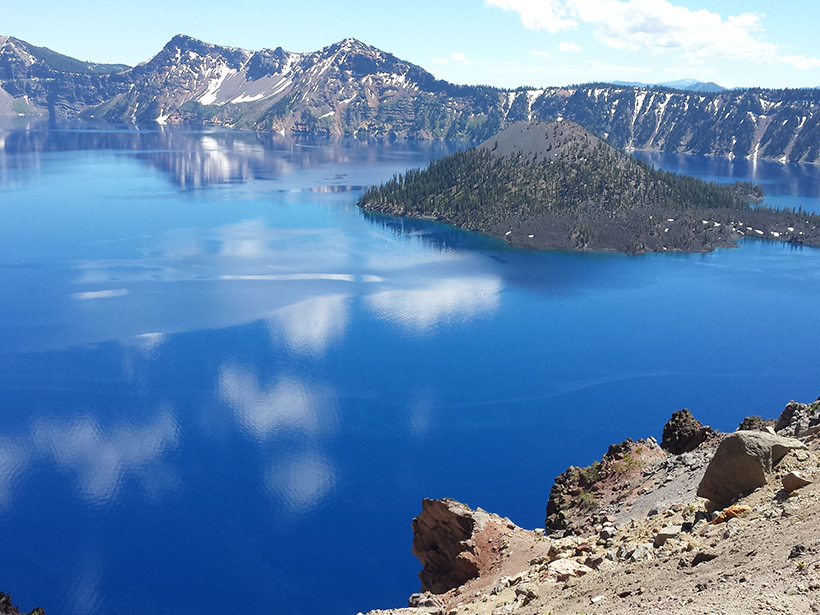A decade of continuous GPS measurements in South America indicates that enhanced strain accumulation following a great earthquake can initiate failure along adjacent fault segments.
Research Spotlights
Research spotlights are plain-language summaries of recent articles published in AGU’s suite of 24 journals.
Global Drought Clustering Could Mean Big Losses for Mining
Long-term climate records could help mining companies and their investors assess the financial risk of water shortages.
Calculating Plasma Waves—With a Twist
What happens when two plasmas with different temperatures overlap? The answer depends on a quantum effect that twists the waves as they ripple through the sea of electrons.
Satellite Data Reveal Effects of Aerosols in Earth's Atmosphere
Combining data from multiple sources could aid in predicting the tiny atmospheric particles' effects on global warming.
Including Ozone Complexities in Climate Change Projections
A simplified view of ozone chemistry can cause climate models to overestimate the response of jet streams to increasing greenhouse gases.
Explaining Why Some Paleomagnetic Results Fail
Reordering of mineral crystal lattice structures during laboratory heating may explain the frequent need to reject results of experiments that estimate the intensity of Earth's past magnetic fields.
Scientists Probe the Calm After Solar Storms
In forecasting the effects of solar storms, understanding how they subside—and not just how they arrive—will be crucial.
Sun Glitter Provides a Detailed Map of Ocean Waves
European scientists use satellite sensors to detect light reflected off waves at the ocean's surface, which could help improve wave forecasts.
What Caused the Fatal 2014 Eruption of Japan's Mount Ontake?
Analysis of the change in the stratovolcano's tilt just prior to the explosion suggests that the cracking of a previously intact fluid barrier caused the country's deadliest eruption since 1926.
Water Quality Database Offers New Tools to Study Aquatic Systems
Researchers assess the federal Water Quality Portal, a Web portal that unites disparate water quality data sets and resources.


